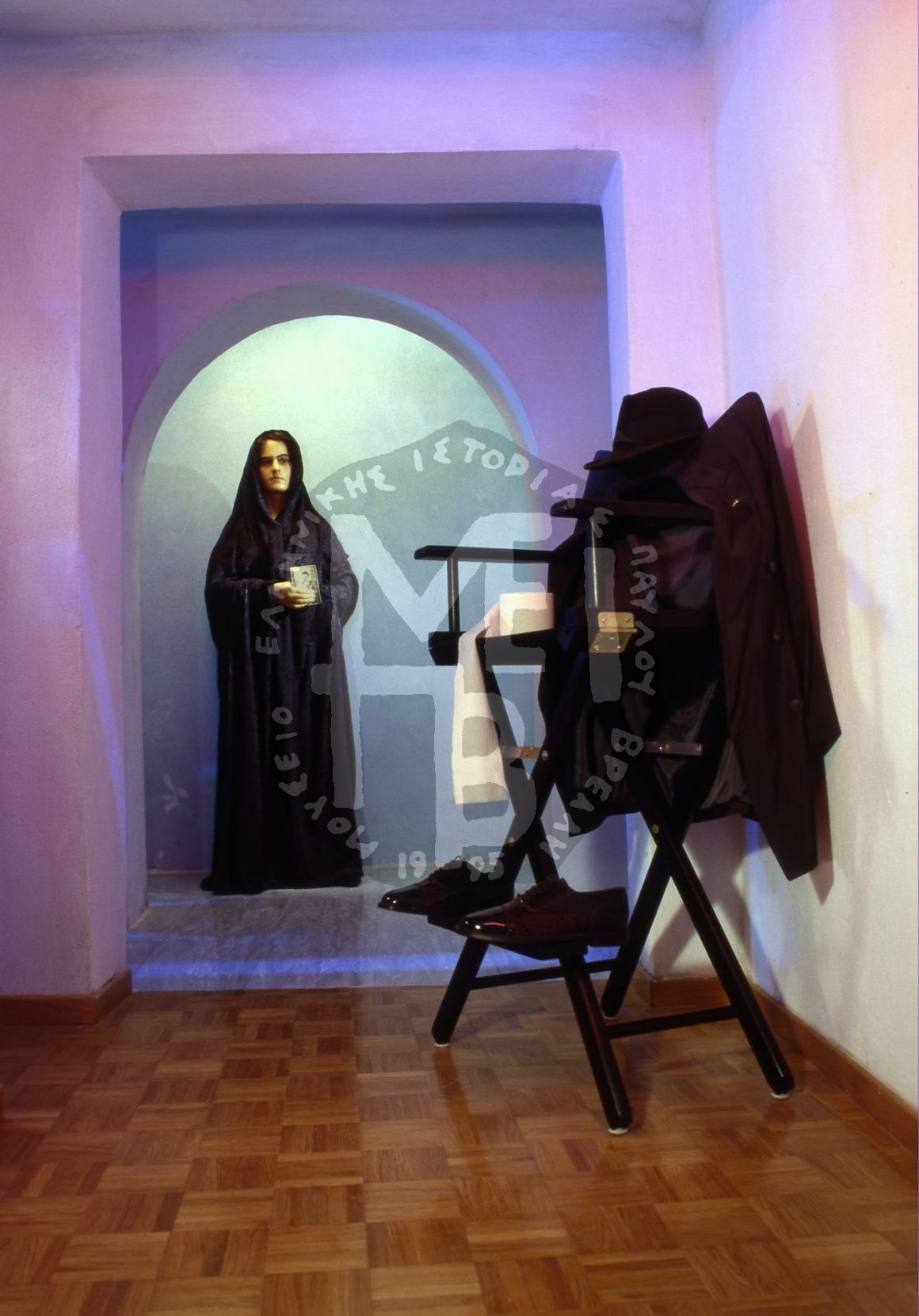“Cyprus, with its 3,000 years of history and Civilization, is not just Greek. It is Greece. It has always been unshakable in its ideals. Cyprus regained its freedom from the English with sacrifice during the struggle they fought between 1955 and 1959. It resisted bravely the betrayal of the powerful ones who supported the Turkish conqueror in 1974, when the 82% of the population were Greeks. I suppose this too is a perspective concerning …minorities, on part of hypocrites who so happens they are both powerful and shameless.
More than 200,000 refugees left their homes, some 1,600 remain missing and at least 4,000 were left behind killed. From all the Cypriot I have met and talked to, there was not a single one who didn’t long to get back home.
Here I have created a surrealistic composition dedicated to the tragedy of Cyprus in 1974, and the brave, unconquered Cypriot soul.
As a second part, there is an anonymous Cypriot woman standing up and showing the photo of a person dear to her. She is quietly protesting to all civilized nations denouncing the invader. She is the Cypriot mother, sister, daughter standing up to this fight with all her soul. She represents the debt for justice, the need to retain the Greek culture, the common cultural heritage, like a thinking Tanagrea.*
In the foreground, I have placed the unknown (X) instigator of this catastrophe, on a director’s chair. The time the scheme was conceived: unknown to us (X). Regarding his social impersonal face, we can deduce an opinion from his clothes. His absence symbolizes not only his identity, but also the seemingly civilized man, indifferent for this tragedy till today. There is no figure in this theme. As far as our opinion as spectators is concerned, this is directly denoted with the toilet paper.
I merely write laconically: ‘President X, at X time, directs in name of Cyprus’.
- Tanagrea is a human figure of fine plasticity. Small in size, they constitute common cultural heritage for Greece and Cyprus, as statuettes of similar technique were found in Tanagra, both Greece and Cyprus, mainly as funeral gifts. “

